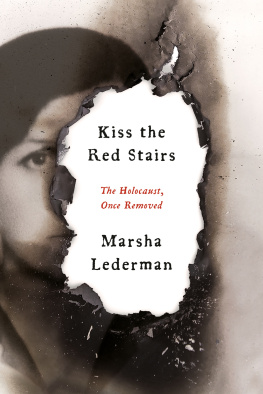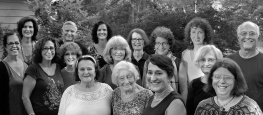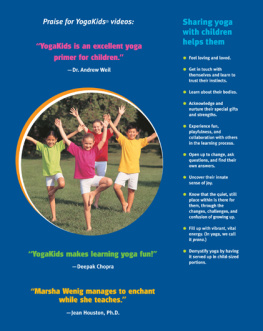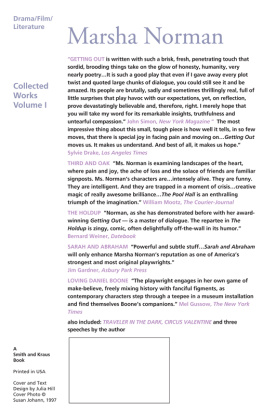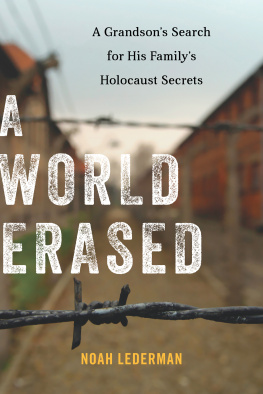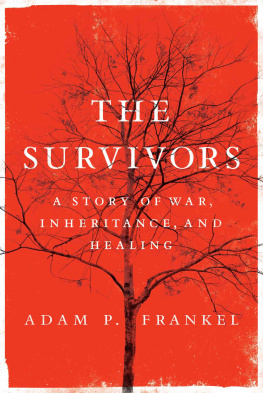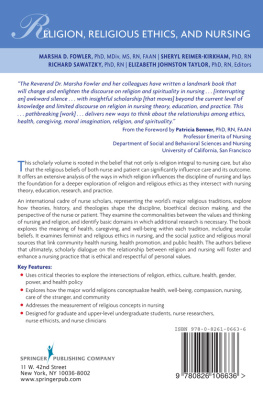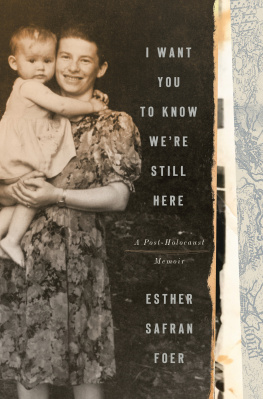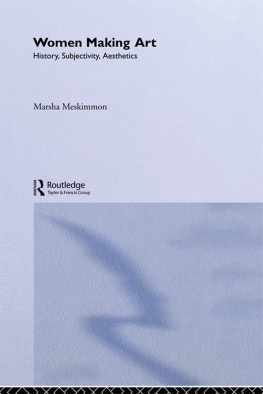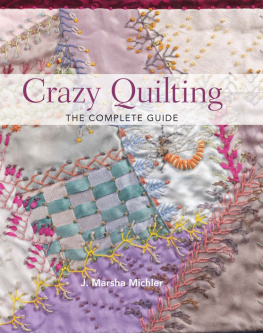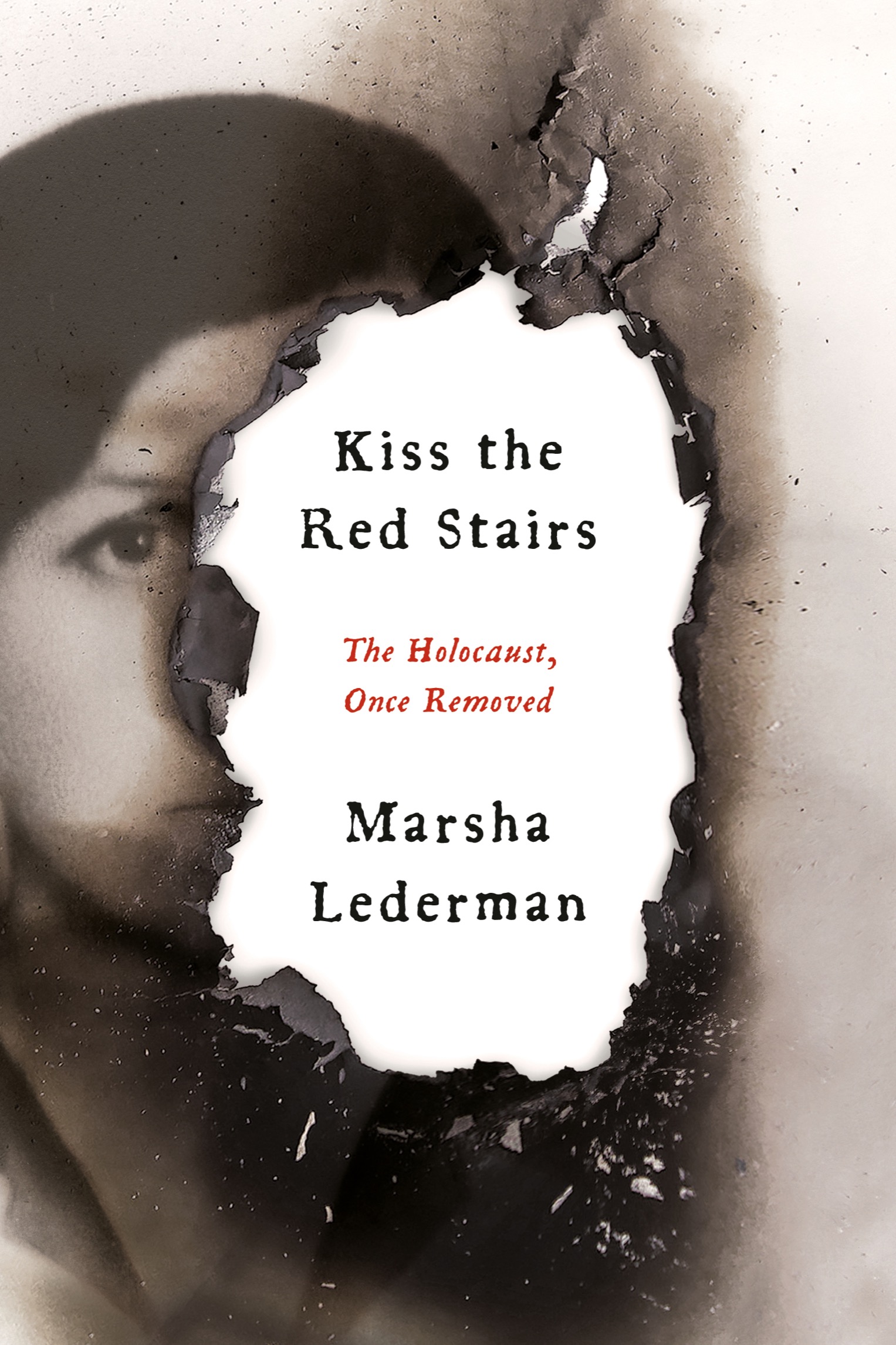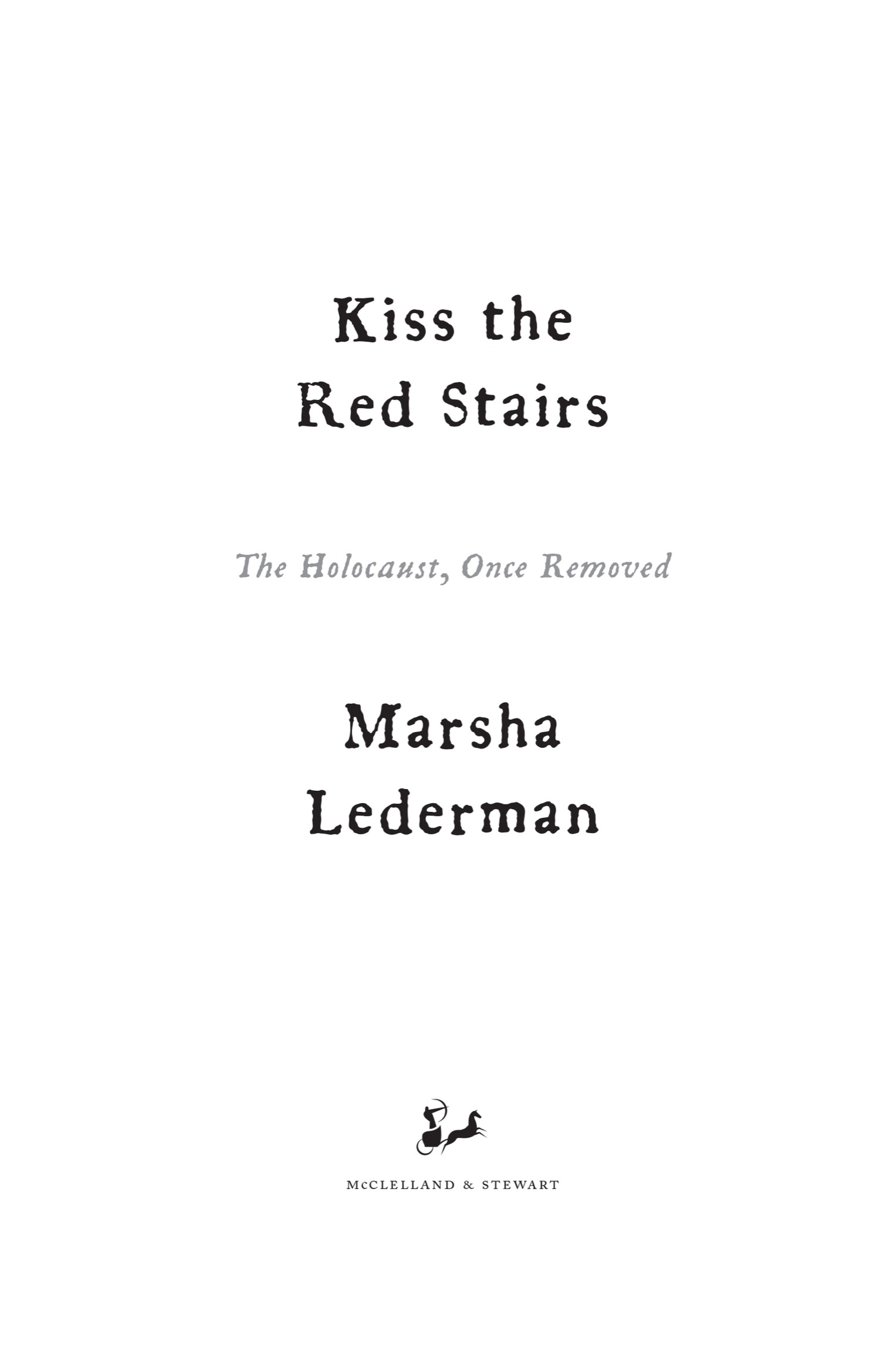Contents
Landmarks
Print Page List
Copyright 2022 by Marsha Lederman
Hardcover edition published 2022
McClelland & Stewart and colophon are registered trademarks of Penguin Random House Canada Limited.
All rights reserved. The use of any part of this publication reproduced, transmitted in any form or by any means, electronic, mechanical, photocopying, recording, or otherwise, or stored in a retrieval system, without the prior written consent of the publisheror, in case of photocopying or other reprographic copying, a licence from the Canadian Copyright Licensing Agencyis an infringement of the copyright law.
Library and Archives Canada Cataloguing in Publication data is available upon request.
ISBN9780771049378
Ebook ISBN9780771049392
Quotes from Mans Search for Meaning by Viktor E. Frankl
Copyright 1959, 1962, 1984, 1992, 2006 by Viktor E. Frankl
Reprinted by permission of Beacon Press, Boston
Quotes from After Such Knowledge by Eva Hoffman, copyright 2004. Reprinted by permission of PublicAffairs, an imprint of Hachette Book Group, Inc.
Quotes from Oscar Groening used with permission of Der Spiegel, The Bookkeeper from Auschwitz by Matthias Geyer May 9, 2005 used with permission.
Quotes from Oscar Groening used from the BBC documentary series Auschwitz: The Nazis and the Final Solution episode 6, 2005, used with permission.
Quotes from Vivian Rakoff used with permission of University of Toronto Archives. Vivian M. Rakoff fonds. B2015-0011/002(16)
Book design by Talia Abramson
Cover art: photograph courtesy of the Lederman family; (burning paper) Yeltsova Margarita/Shutterstock.com
McClelland & Stewart,
a division of Penguin Random House Canada Limited,
a Penguin Random House Company
www.penguinrandomhouse.ca

a_prh_6.0_139875643_c0_r0
For Jacob
Contents
A person is literally a cemetery where multitudes of living corpses are buried.
Isaac Bashevis Singer , Shosha (1978)
PROLOGUE
March 2020
The world is quiet beyond the dusty slats of the living room blinds. There are two playgrounds across the street: one wooden, at the school; the other, at the park, a fading rainbow of primary colours on metal. Both are roped off with caution tape. The school has closed its doors, for what will be months. The gates to the tennis courts will soon be padlocked, but not yet. The twice-daily bootcamp, with the instructor who sings Italian standards and eighties pop hits and displays obvious love for her would-be-fitter wards, is gone from the gravelly schoolyard, silenced by a global pandemic. This is the view from our window.
I just want to go outside, my son says. I just want to play with my friends.
Like any eleven-year-old, Jacob wanted to run around and do what it is not-quite-teenage boys do. Scoot down hills. Play hide-and-seek. Call on his buddies. Buy candy from the convenience store. Maybe get into some mild, harmless trouble.
When your child wants something that he has every right to have and you cannot give it to him, it is a special kind of agony. I know that, throughout the pandemic lockdown, other mothers in my neighbourhood, across the country, around the world, were feeling the same ache that comes with denying a child this fundamental right: to run around outside, free. To see their friends. To go to school.
Then, a sudden shift. With my crackling knees folded into our sagging brown couch, my back turned to the room, my eyes aimed out through the window at the almost-spring day, I was no longer in Vancouver. My body was, of coursenobody was going anywhere. But part of me was now somewhere else. In Poland: Radom, Lodz. I was the child who would grow up to be my mother, or not grow up to be an uncle, wanting to go outside and play. I was in the place I had actually planned to be on this very dayonly it wasnt todays Poland I was imagining.
In 2020 Canada, I could say to my son: yes, this is terrible. But nobody can go out and play. Its hard for everyone. This is what we have to do to stay safe.
What if, through that window, he was able to see other children at the playground? What if he was denied the ability to play on the swings and go to schoolor walk on the main street, or sit on a park benchwhile others continued to blithely live their lives? What if he looked outside and instead of the empty park and schoolyard, he was tormented with the sight of blond, blue-eyed kids squealing with delight, scaling the monkey bars, tunnelling down the slides, hiding behind the parks large trees for fun, not survival? Kids whose lives would also soon be changed, but not the way my Polish-Jewish would-be uncles lives were: suffocating drawn-out deaths in a gas chamber, after the years of humiliation, torture, starvation, thirst. Forced, in one case, to dig a giant pit in the forest where people he knew, stripped naked, would soon be shot.
Those boys, the uncles who never got to grow old, who would never get to know each other, were elevenor maybe thirteenand twenty when they were murdered by the Nazis.
This is where it goes for me. Where it always goes. Auschwitz, Treblinka, the ghetto, the forest, the farm. What if all the other kids could play but my child could not, because he is Jewish?
One moment my son was my mother, and then he was her little brother. I looked at this disappointed boy peering out the window, and I was imagining him rounded up in a chaotic scream of desperate people, separated from me, pushed on a train, stripped of his clothes, his little eleven-year-old dignity, and in a few hours, his life.
Outside, the caution tape wrapping the swings blew in the March wind.
After all the work I had done, after the divorce that nearly defeated me, after the therapy and the reading and the countless attempts to learn to be present, here I still was, instantly transported to my horrific past. Not really mine. The horrific past. The past that I havent lived, but that I think lives in me.
The worst thing, the worst fear, is that it could continue to live beyond me, in this growing boy next to me.
There is more work to do.
PART ONE
Generations
ONE
My Trauma
November 2017
The stars were painting the sky a twinkling kind of magic and everyone around me was oohing and ahhing, squinting through powerful telescopes at galaxies billions of light years away. There were shooting stars and distant planets and rings around Saturn that we were appreciating while buffered from the immediate atmosphere in multiple layers of clothing. We warmed ourselves with the steam rising from our New Zealand hot chocolate, and with the intergalactic view. It was a once-in-a-lifetime dreamlike night, the mysteries of the universe there for us to drink in, and imagine.
And I was thinking about Auschwitz.
Did they see these same stars? Did they look to them for comfort? Did they wonder if their missing loved ones were looking at the same sky, or were up there, with the stars?
This did not make sense in any waymy darkness under the bright New Zealand night sky. Even logically it was nonsense: this is not the sky they would have seen in Polandwrong hemisphereand the light pollution from those Nazi searchlights would surely have been murder for any dark-sky viewing. Also, stargazing? Im not sure how much timeor inclinationthe prisoners would have had to kick back and ponder the universe.

